Urgent review to probe how ADF will boost ranks amid job crisis
The ADF has been told to do more to keep the troops it has, as a review is underway into its ambitious plan to boost ranks amid the nation’s jobs crisis.
National
Don't miss out on the headlines from National. Followed categories will be added to My News.
Ambitious targets to grow the Australian Defence Force to its biggest level in 40 years are now under review with realisation the nation can’t find enough baristas let alone soldiers, sailors and airmen and women.
In March this year, Defence and the government announced in the face of China’s coercive expansion the ADF would have to grow from 60,000 personnel to 80,000 – the biggest boost to the ranks since the Vietnam War – to “meet future strategic needs”.
But that figure, costed at more than $38 billion to achieve, is now under formal review with the nation in the midst if one of Australia’s largest ever labour market shortages affecting industries from the humble cafe to healthcare and scientific and technical services, the latter an area the ADF was hoping to recruit from.
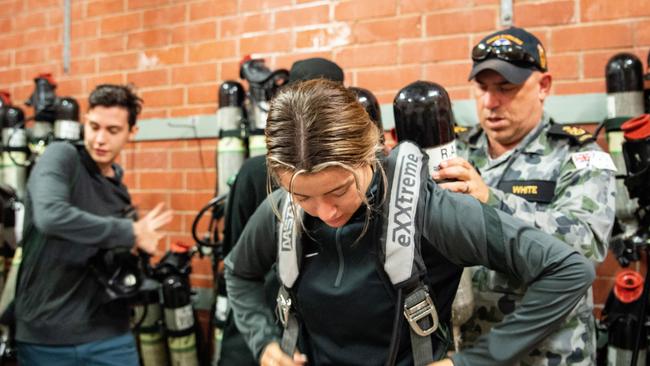
Such is the broader employment crisis, Defence is considering new pay rates, retention bonuses, better employment conditions and other initiatives to compete with the commercial sector — not only for recruitment but retention.
The ADF is already haemorrhaging between 5000 and 6000 personnel a year and has been warned in the current climate that “separation figure” could increase, putting at risk capability and national security. The ADF has been told to do more to keep the troops it has.
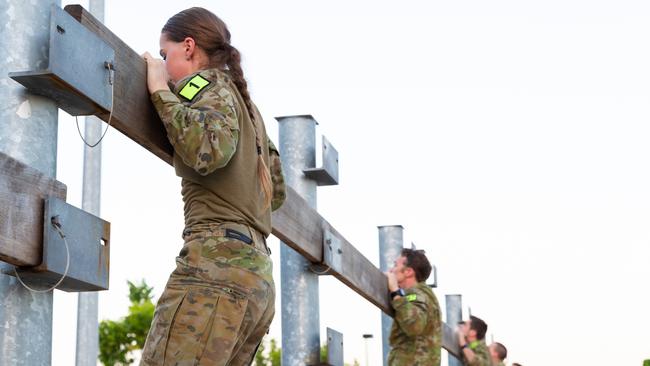
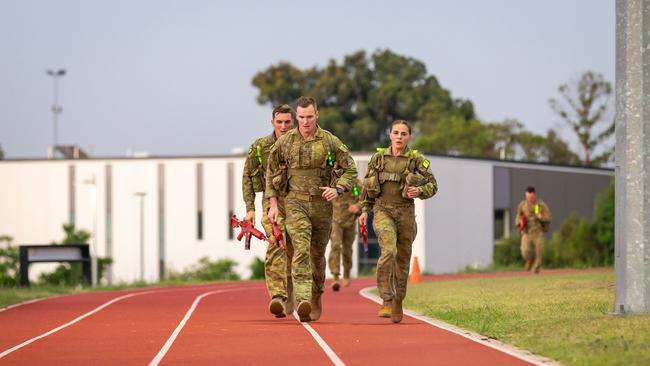
The ADF has failed to meet recruitment targets every year since the 2016 Defence White Paper. It flagged the threat to capability and national security if targets were not met then let alone now, with the current strategic outlook now described as the worst in a generation.
Revelations from the Royal Commission into Defence and Veteran Suicide have also now been flagged as likely to impact recruitment with post-service help particularly blasted for contributing to mental health crisis in veterans.
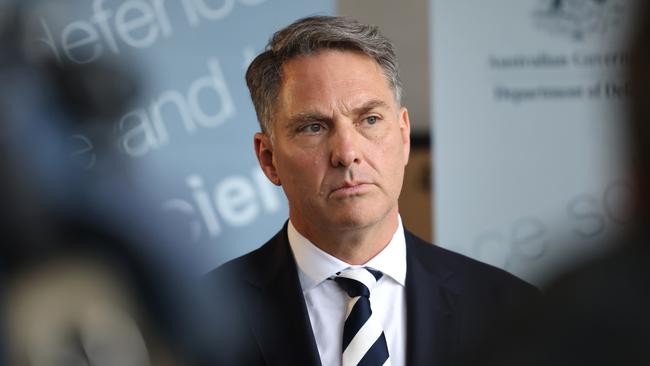
Defence Minister Richard Marles has confirmed he was still committed to the funding pledged that underpinned growing the ranks but also what was needed and could be achieved.
He said the push to boost the ranks by up to 30 per cent was over a period of time.
“The important point is recruitment and retention right now, today, and the sort of challenges employers are facing now throughout the civilian economy, finding the people and skills that people need, defence is not immune from that,” he told News Corp Australia.
“So I do think there is a real task in making sure that we have the best retention practices that we can and also the best recruitment practices and we are looking very keenly at that to make sure the defence force is able to recruit and retain the people that it needs.
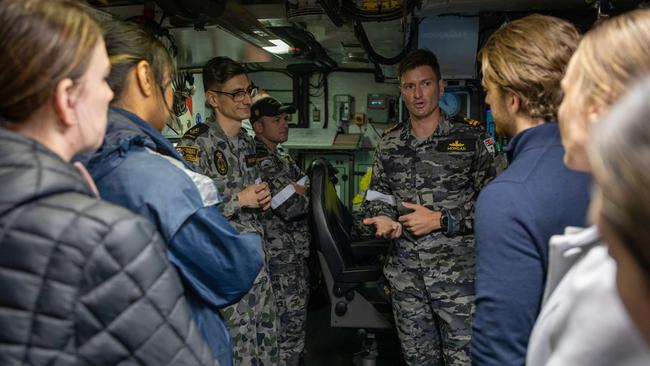
“The review obviously needs to address the question of what we can practically do but observe that those announcements were over a considerable period of time so it’s not about recruiting people tomorrow.”
Mr Marles said the plan was to increase the size of Defence to more than 101,000 by 2040 with the “ambitious” targets, skills shortages and current retention measures to be analysed.
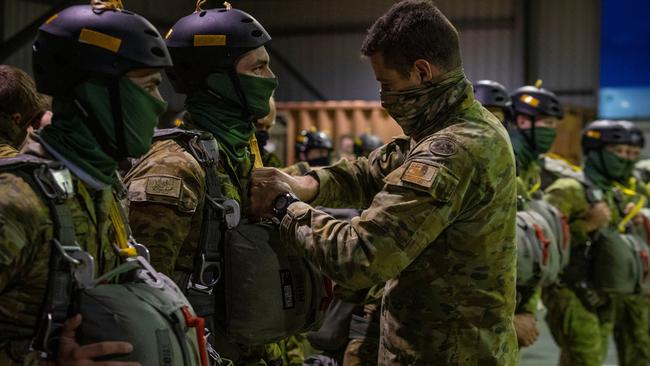
The majority of the expanded defence was earmarked for Queensland, NSW, South Australia and WA.
In 2001 in response to chronic shortages, the ADF recruitment age was lifted from 35 to 50 years and medical conditions such as asthma and other manageable illnesses that prevented entry was reviewed. Five years later, recruitment was further relaxed with enlistment times slashed from 30 weeks to six, bans on tattoos and former drug use cut and height and weight requirements flexed to allow recruitment into some ADF roles.
More Coverage
Originally published as Urgent review to probe how ADF will boost ranks amid job crisis




